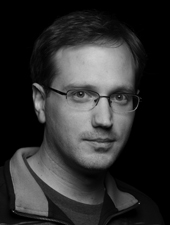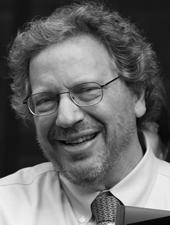Kumar, V., Rosenbaum, J., Wang, Z., Forcier, T., Ronemus, M., Wigler, M., Levy, D. (January 2018) Partial bisulfite conversion for unique template sequencing. Nucleic Acids Res, 46 (2). e10. ISSN 0305-1048
Preview |
PDF (Paper)
Wigler et al 2017b.pdf - Published Version Download (842kB) | Preview |
Abstract
We introduce a new protocol, mutational sequencing or muSeq, which uses sodium bisulfite to randomly deaminate unmethylated cytosines at a fixed and tunable rate. The muSeq protocol marks each initial template molecule with a unique mutation signature that is present in every copy of the template, and in every fragmented copy of a copy. In the sequenced read data, this signature is observed as a unique pattern of C-to-T or G-to-A nucleotide conversions. Clustering reads with the same conversion pattern enables accurate count and long-range assembly of initial template molecules from short-read sequence data. We explore count and low-error sequencing by profiling 135 000 restriction fragments in a PstI representation, demonstrating that muSeq improves copy number inference and significantly reduces sporadic sequencer error. We explore long-range assembly in the context of cDNA, generating contiguous transcript clusters greater than 3,000 bp in length. The muSeq assemblies reveal transcriptional diversity not observable from short-read data alone.
| Item Type: | Paper |
|---|---|
| Subjects: | Investigative techniques and equipment > assays > next generation sequencing |
| CSHL Authors: | |
| Communities: | CSHL Cancer Center Program > Cancer Genetics CSHL Cancer Center Program > Cancer Genetics and Genomics Program CSHL labs > Kinney lab CSHL labs > Levy lab CSHL labs > Wigler lab School of Biological Sciences > Publications CSHL Post Doctoral Fellows |
| Depositing User: | Matt Covey |
| Date: | 25 January 2018 |
| Date Deposited: | 01 Dec 2017 21:11 |
| Last Modified: | 09 Dec 2025 19:17 |
| PMCID: | PMC5778454 |
| Related URLs: | |
| URI: | https://repository.cshl.edu/id/eprint/35679 |
Actions (login required)
 |
Administrator's edit/view item |





